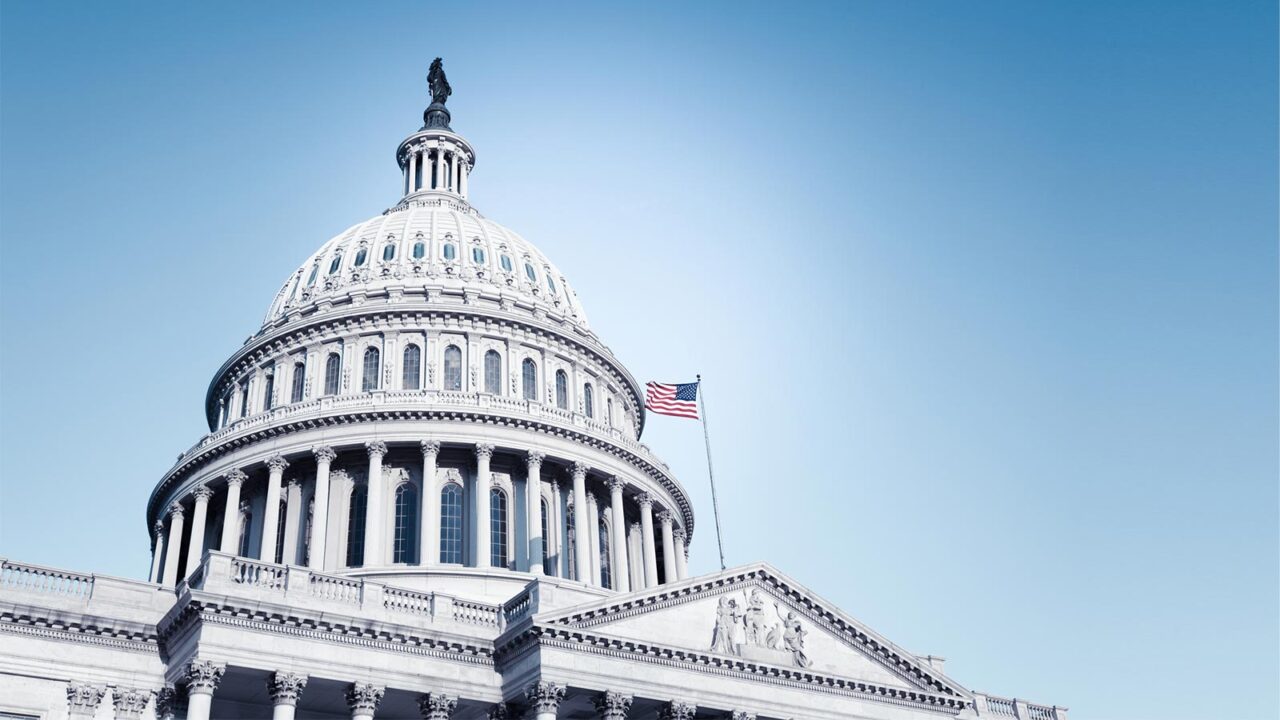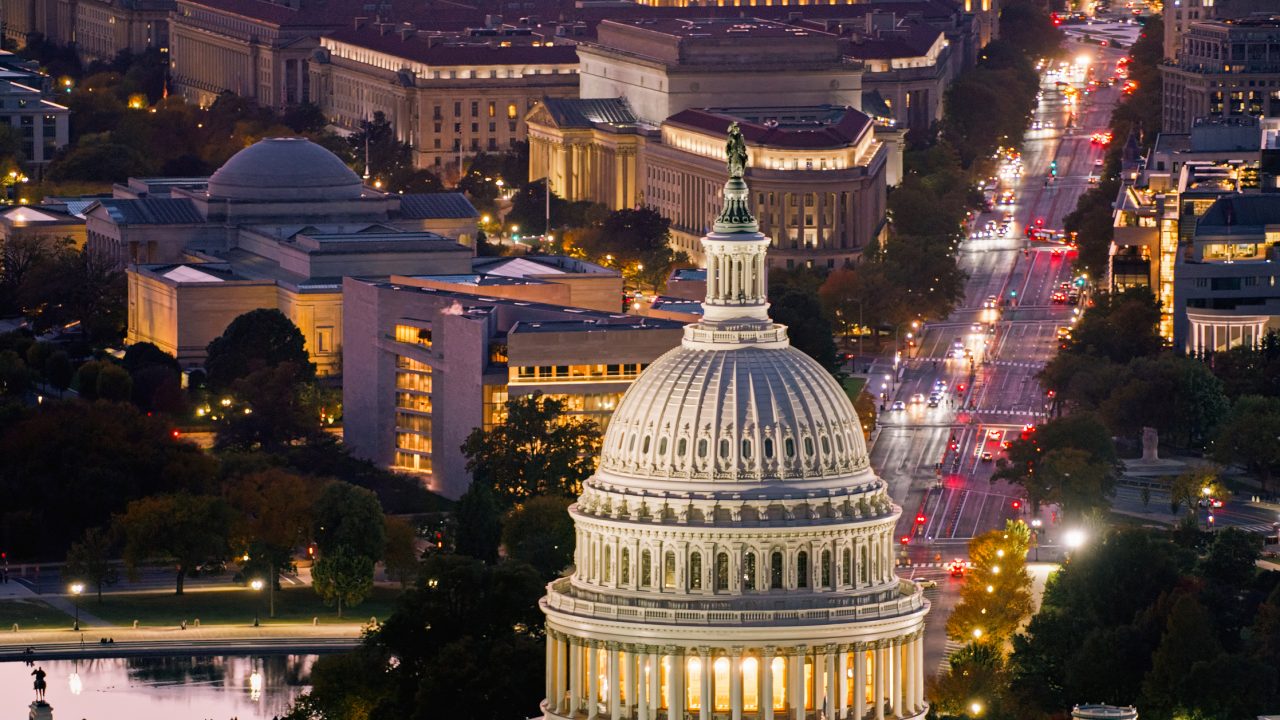Parties to construction agreements often select binding arbitration as the preferred method of alternative dispute resolution, despite little recourse if the arbitrator drops the ball while attempting to resolve discovery disputes.
Courts generally possess limited oversight of what takes place in the confines of an arbitration. In most instances, court intervention is limited to compelling arbitration in the first instance, issuing preliminary injunctions to preserve assets or property in dispute, appointing an arbitrator if the parties cannot agree to one, reviewing final awards and confirming judgment. The courts will not typically intervene during an arbitration to weigh in on the merits of a claim or defense or to decide discovery disputes between the parties.
The Case Study
A recent case by the Nevada Supreme Court reiterates the deference courts will afford to arbitrators, even where significant discovery violations are evident. There, a subcontractor filed liens followed by a complaint against the developer in the trial court. The trial court proceedings were then stayed while the parties proceeded to arbitration.
During the arbitration, the developer retained a forensic accountant that discovered alleged fraudulent alterations to the subcontractor’s financial records. In response, the arbitrator ordered an independent third-party specialist to perform a sweep of the subcontractor’s computers, cell phones and server. The specialist reported the subcontractor intentionally complicated the sweep by upgrading software systems and purposely concealed data by refusing to allow the specialist to access a hard drive used by the employee who allegedly altered the financial records.
The developer filed a motion for discovery sanctions. The arbitrator responded by issuing a $130,000 sanction but declined to strike the subcontractor’s claims. When the subcontractor refused to pay the sanction, the developer filed a second motion for sanctions. The arbitrator again declined to dismiss the subcontractor’s claims. Instead, the arbitrator ordered that the $130,000 sanction be deducted directly from one of the subcontractor’s lien claims.
Not satisfied with the arbitrator’s ruling, the developer filed a motion with the trial court for provisional relief pursuant to Nevada’s Arbitration Act (based on the Revised Uniform Arbitration Act). The trial court granted the developer’s motion, concluding that it had inherent authority to rule on discovery violations and that the Arbitration Act allows the trial court to provide provisional relief where an arbitrator is not able to act timely or cannot provide an adequate remedy with respect to an urgent matter.
On appeal, the Nevada Supreme Court reversed. The Court concluded that a plain reading of the Arbitration Act does not confer jurisdiction on a trial court to award potentially case-ending sanctions simply because the arbitrator declined to do so and that trial courts do not have inherent or rule-based power to sanction perceived discovery abuses occurring in an ongoing arbitration.
In so ruling, the court reaffirmed the high degree of deference afforded to arbitration proceedings as is typical and confirmed that trial courts generally do not have authority to intervene in a binding arbitration to remedy alleged misconduct.







